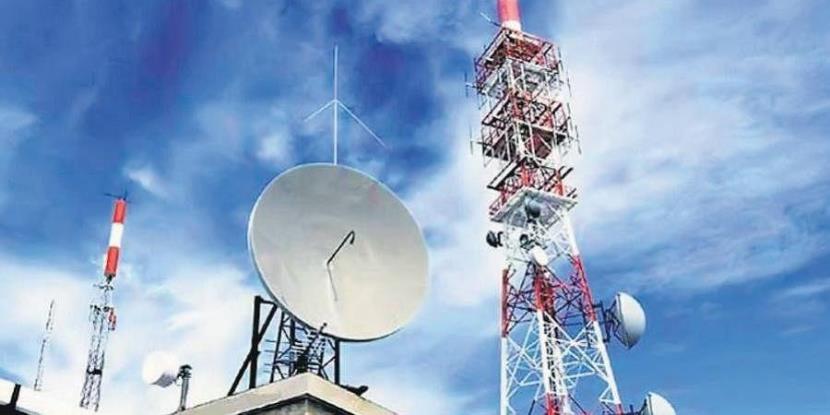In a historic move, the Union Government issued a Gazette Notification on June 21, 2024, enforcing key sections of the Telecommunications Act, of 2023. This legislation replaces century-old colonial laws and aims to modernise and streamline the telecommunication sector in India.
 Legislative Milestones
Legislative Milestones
The Act was passed by Parliament in December 2023 and received the President’s assent on December 24, 2023. It was subsequently published in the official Gazette on the same day.
Salient Features of the Act
Comprehensive Definitions
The Act clearly defines various terms related to telecommunications, reducing uncertainties and boosting investor confidence. This initiative is a significant step towards enhancing the ease of doing business in the sector.
Right of Way (RoW) Framework
The Act establishes an effective RoW framework for both public and private properties. It broadens the definition of public entities to include government agencies, local bodies, and PPP projects like airports, seaports, and highways. Public entities are obligated to provide right of way except under special circumstances, and fees for right of way are capped. For private properties, RoW is based on mutual agreement, and the framework ensures non-discriminatory and non-exclusive granting of rights. Telecommunications infrastructure is also legally distinct from the property it is installed on, reducing disputes during property sales or leases.
Common Ducts and Cable Corridors
Aligned with the PM Gati Shakti vision, the Act empowers the Central Government to establish common ducts and cable corridors, facilitating infrastructure development.
Telecommunication Standards
The Act sets standards and conformity assessment measures for telecommunication services, networks, and security, ensuring national security and promoting indigenous technology developers.
National Security and Public Safety
Strong provisions are included to take necessary measures for national security and public safety, reflecting the importance of these areas.
Inclusive Service Delivery, Innovation, and Technology Development
The scope of the Universal Service Obligation Fund is expanded to support universal services in underserved areas, research and development, and pilot projects. The Act also provides a legal framework for a Regulatory Sandbox to facilitate innovation and new technology deployment.
User Protection
The Act includes measures to protect users from unsolicited commercial communication and establishes a grievance redressal mechanism, addressing the potential misuse of telecommunication services.
Digital by Design
Implementation of the Act is designed to be digital, including online dispute resolution and other frameworks, enhancing efficiency and accessibility.
To ensure a smooth transition to the new framework, sections 61 and 62 have been enforced. These sections allow the continuation of the existing framework until new rules are established under the Act, providing a conducive environment for businesses and the sector.




